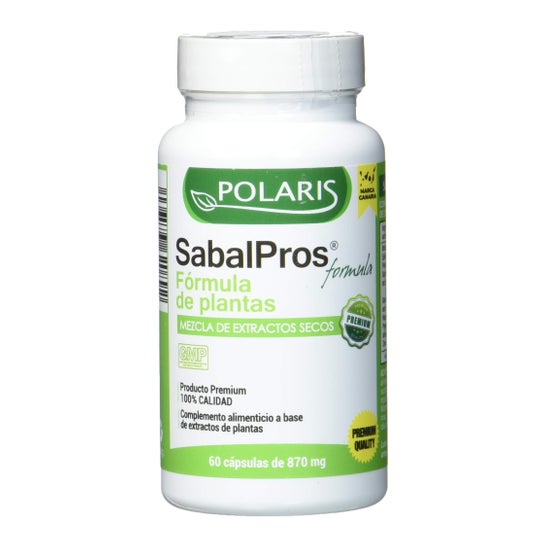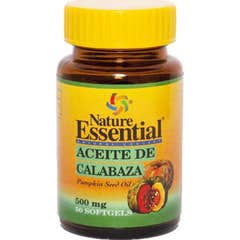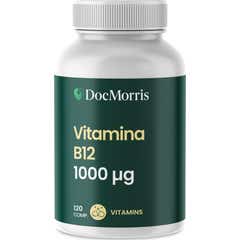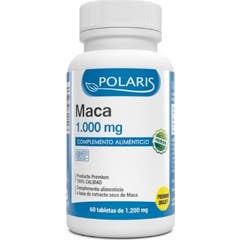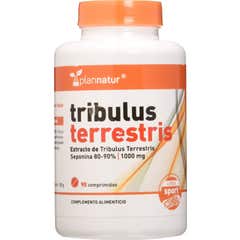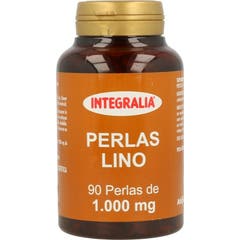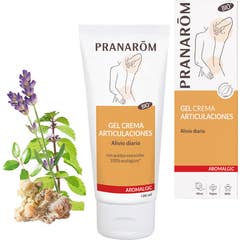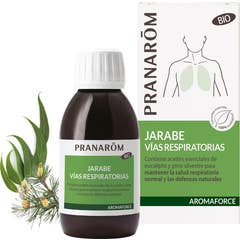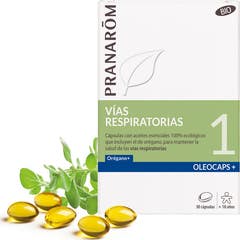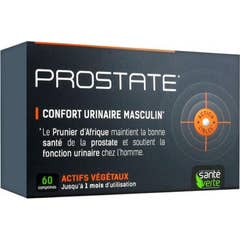Pollen is made up of small granules produced by bees from the contents they collect from the flower stamens, which they process and carry on their legs back to the hive to feed their colony. On the other hand, some pollen extract is obtained directly from specific plants. Their botanical composition can be standardised. These pollen extracts can be included in immunotherapy treatments for allergies or, using certain pollen fractions, can be included in dietary supplements to improve well-being during menopause and perimenopause.
This beekeeping by-product has become popular as a food source, as it is a source of important macro- and micronutrients: its greatest contribution is carbohydrates, although it is also notable for its protein content, essential amino acids and essential fatty acids that our body cannot synthesise; B vitamins (B1, B2, B3, B5, B6 and B7) and vitamin C; it also provides small amounts of vitamins D, E, K and inositol, and contains choline, which contributes to proper brain and heart function. In terms of minerals, it is a source of phosphorus, calcium, potassium, iodine, zinc, copper, magnesium and selenium and also antioxidant carotenoids.
It can further support a balanced diet and can contribute as a restorative food in the context of anaemia, fatigue or convalescence.
If you are allergic to pollen or bee stings, avoid consumption and choose other nutrient sources. Pollen could trigger an allergic reaction. If you are taking medication, it is advisable to consult a healthcare professional before using a dietary supplement containing pollen.

